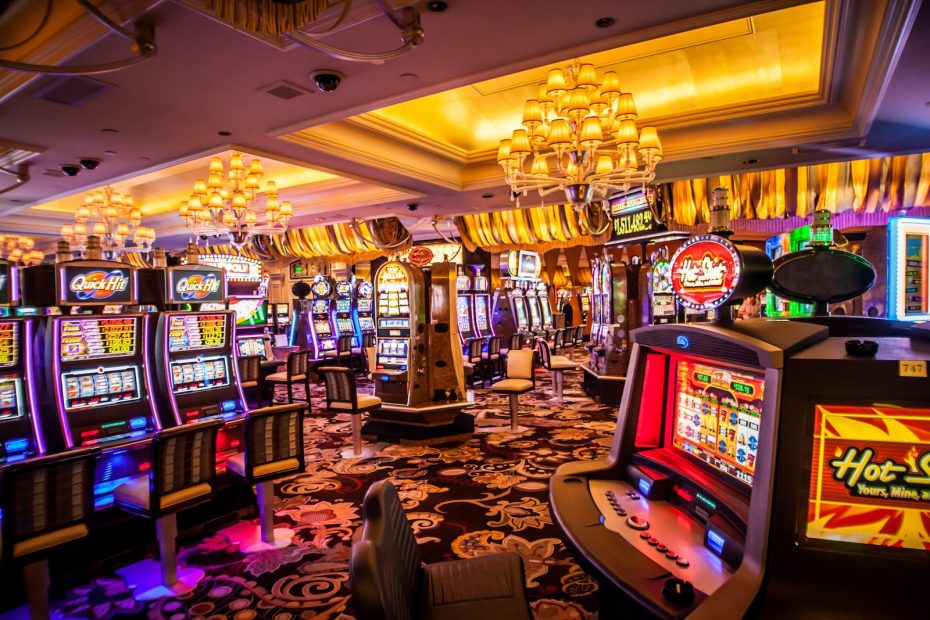
Betting has been an essential part of human recreation for millions of years, developing through cultures and eras to become the exciting casino games we know today. From the ancient Chinese and Romans, who participated in different forms of betting and luck, to the sophisticated gaming floors of contemporary casinos, the allure of risk and winning has captivated individuals across the globe. The transition from simple dice games and primitive betting setups to the lavish environments of contemporary casinos reflects major strides in both social norms and technological advancements.
As societies evolved, so too did the complexity of gambling activities, with casino games emerging as a distinct category of entertainment and excitement. These games have changed from informal gatherings centered around wooden tables to grand, opulent establishments designed to attract players. Today, we investigate this intriguing journey, analyzing how traditional practices laid the groundwork for the diverse and exciting casino games that bring joy to countless people worldwide.
spintax
Ancient Wagering Traditions
Wagering has profound roots in human history, with evidence of activities of chance dating back to ancient societies. Archaeologists have found that as far back as 3000 BC, the Chinese were using primitive forms of betting with dice made from wood. Similarly, ancient cultures of Mesopotamia engaged in wagering activities, often relying on the tossing of lots or dice to determine outcomes. These early forms of betting served not only as recreation but also played important roles in social and cultural customs.
The people of Egypt also participated in gambling activities, with games that included betting on the outcomes of various occurrences, including athletic events and religious festivals. Items such as dice and depictions of gamblers from ancient tombs demonstrate that betting was a frequent pastime. It provided both entertainment and a means of engaging in social interaction, often linked to festive occasions or significant gatherings. This activity demonstrated the universal appeal of chance and rivalry throughout the ages.
In ancient Rome, wagering became a widespread practice among the populace, as shown in references in literature and the establishment of rules around certain games. Romans enjoyed a variety of betting activities, from wagering on chariot races to playing games like modern-day board games. The legal framework surrounding these activities began to take shape, establishing the foundations for betting regulations that would grow in the centuries to come. The popularity of betting during this period set the stage for the development of casino games in the future.
The Development of Casino Games
Casino games have experienced notable transformations from their origins to the contemporary entertainment offerings. In ancient civilizations, gaming was frequently connected to ceremonial practices, with games of dice found in Mesopotamia and wagering on the outcomes of events in classical Rome. sites not on GamStop These early forms of gambling laid the groundwork for the formal games we see today. The transition from informal gambling to regulated games took place as societies began establishing rules and venues for wagering, showing cultural values and practices.
The medieval period saw the development of card games, which gained recognition among European nobility. Games like first and the game baccarat became mainstays in social gatherings. The creation of printing technology also facilitated the spread of playing cards, making them more accessible to the common people. As gambling houses began to multiply, these card games developed into variations that appealed to wider audiences, eventually leading to the creation of casinos as dedicated venues for gaming.
The twentieth century marked a significant point in the progression of casino games, with the rise of commercial casinos in Vegas and other betting centers. This era saw the introduction of games like slot machines and modern variations of table games, complete with high-quality graphics and intricate betting structures. The introduction of online casinos in the tail end of the 1990s further transformed the gaming industry, allowing players to access a wide range of casino games from the comfort of their homes. Today, casino games go on to progress, blending classic elements with advanced technology to create engaging experiences for players around the globe.
Modern Gambling Laws
In the past few years, the landscape of gambling regulations has changed significantly, particularly as technology and internet-based gambling have become more prevalent. Regulatory bodies around the globe have implemented numerous regulations and standards to guarantee that gaming activities are carried out equally, responsibly, and clearly. These regulations often include aspects such as permits, marketing, gambler safeguards, and responsible gambling measures. Authorities aim to mitigate problems such as gambling addiction and fraudulent activities while promoting a fair gaming environment.
The growth of internet casinos has created a need for a new approach to oversight. Many jurisdictions have set up dedicated internet-based gambling frameworks that cater to online gambling, enabling operators to provide their offerings within the law. These structures often require operators to get permits, follow strict security protocols, and offer assistance options to assist players. By closely supervising internet activities, regulators can better protect players from risks and make sure that gambling is conducted in a protected manner.
Moreover, modern gambling laws are progressively centering around sensible gambling initiatives. Many gaming establishments and online sites now adopt features such as player exclusion, financial limits, and time-outs to help players manage their gambling habits. Awareness campaigns aimed at educating about the dangers of gaming are also frequent. As the industry continues to expand, the focus on sensible gaming remains a cornerstone of regulatory efforts, reflecting a dedication to encouraging a safe and pleasant gambling experience for all gamblers.